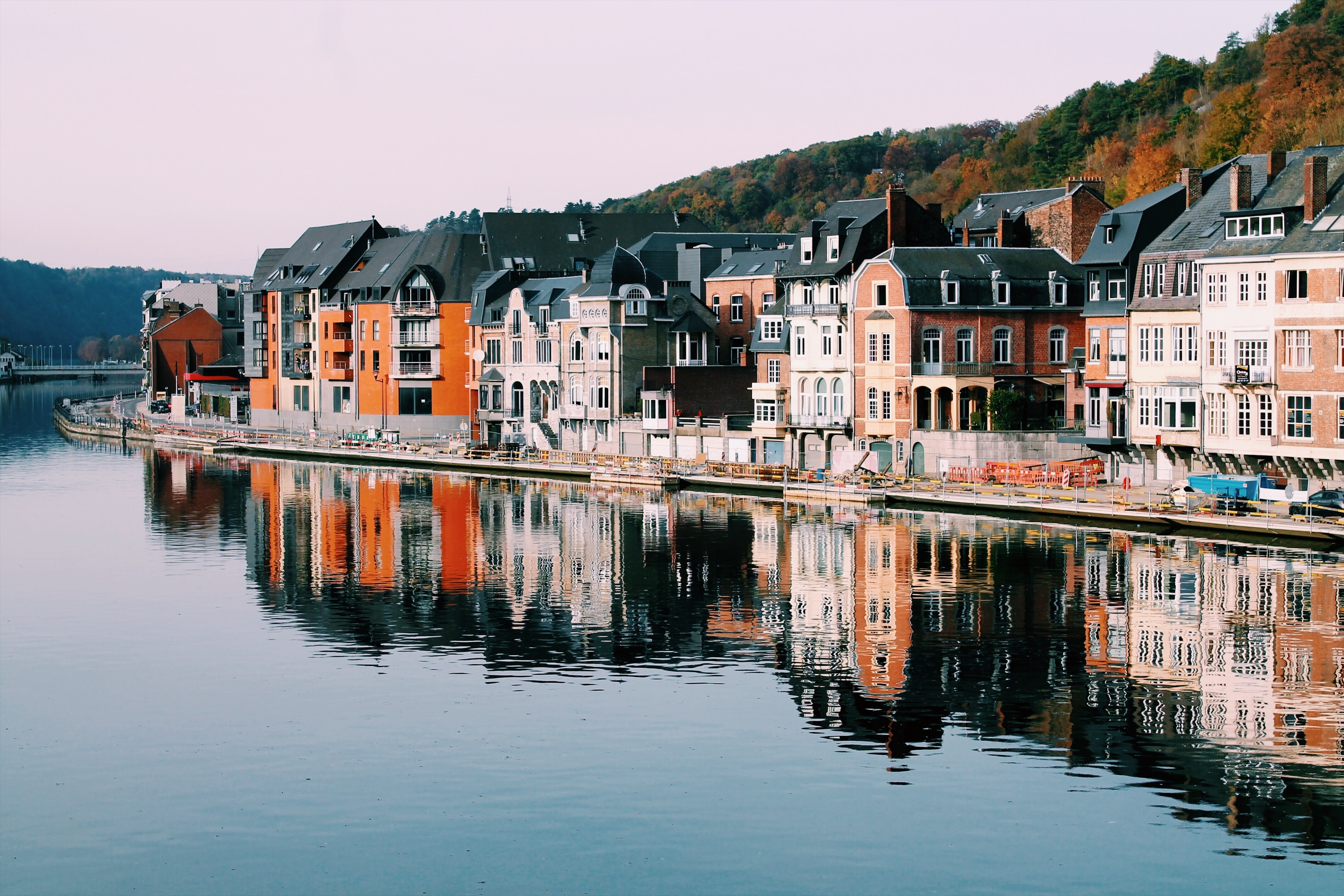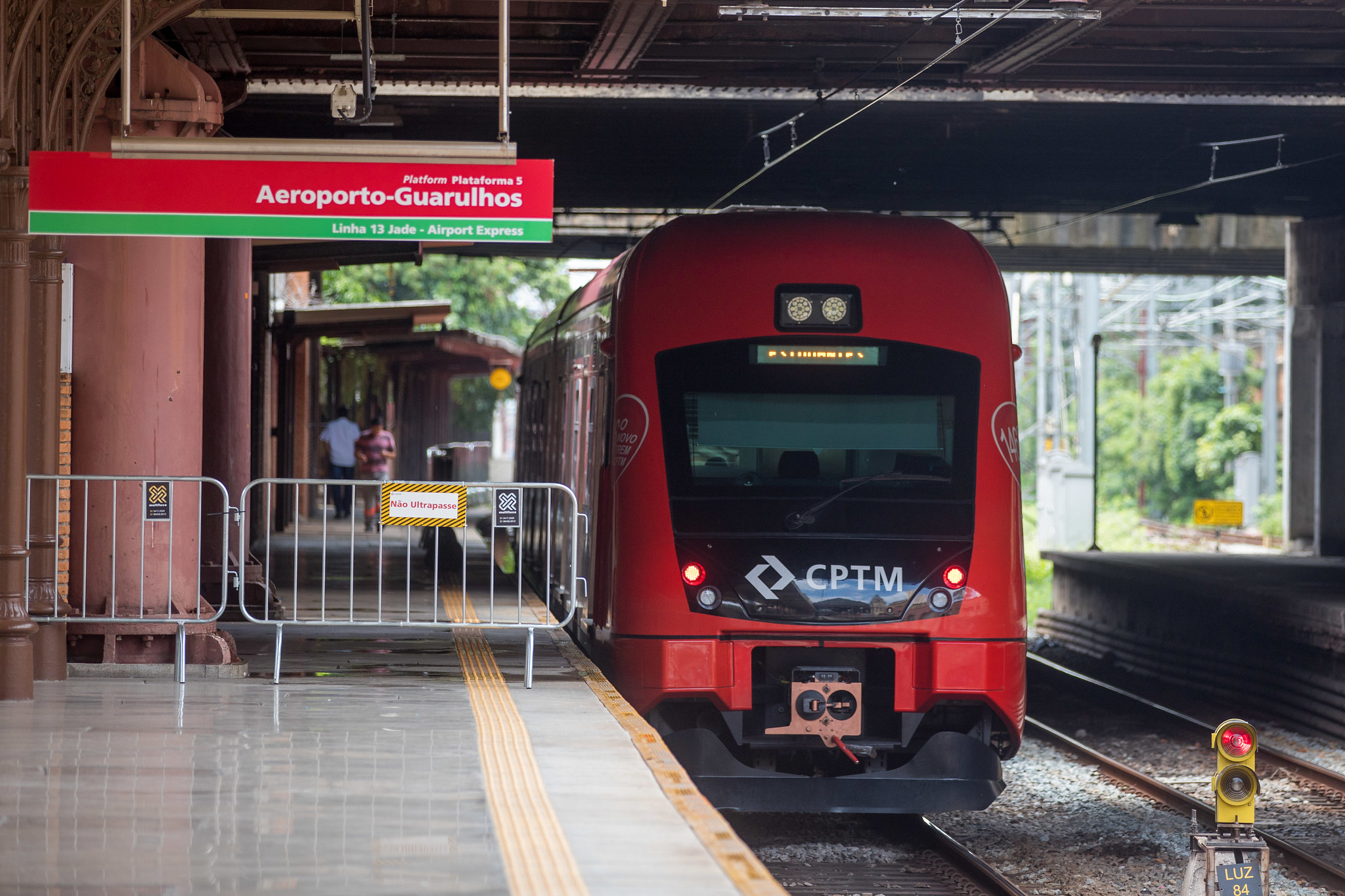Case studies
Filter by
85 results found
Case studies
Pacífico Tres was created in 2014 to facilitate the construction of a c. 150km highway linking three of Colombia's most commercially important regions
Read time: 2 minutes
Published
14 Mar 2017
Read more


Case studies
The Denver Union Station is a large-scale mixed-use development project to transform the underutilized old Denver Union Station into a modern district
Read time: 2 minutes
Published
11 May 2020
Read more


Case studies
Due to rising energy prices, the Dutch Government has placed emphasis on meeting national energy performance objectives through the reduction of fossil fuel consumption.
The Dutch Government is seeking innovative solutions to deliver more energy and cost-efficient buildings, as well as achieving Net Zero Energy buildings by 2020.
The retrofits include installation of rooftop solar panels and other insulation technologies.
Read time: 3 minutes
Published
27 Oct 2021
Read more


Case studies
To ease traffic congestion and reduce travel time between downtown Montreal, its suburbs and airport, CDPQ Infra sought to develop a 67km light rail transit (LRT) project, spanning 26-stations
Read time: 3 minutes
Published
05 Nov 2020
Read more


Case studies
The planned 750MW Rewa Solar Project in the state of Madhya Pradesh will be one of the world's largest solar photovoltaic (PV) projects
Read time: 2 minutes
Published
05 Nov 2020
Read more


Case studies
To meet demand, Nigerian commercial and industrial customers rely on self-generation, diesel units and smaller gasoline-powered generators to meet a significant portion of total demand.
Read time: 4 minutes
Published
24 Mar 2022
Read more


Case studies
Brazil has a policy named Urban Operations which is used to promote requalification of underdeveloped urban areas through PPPs
Read time: 2 minutes
Published
05 Nov 2020
Read more


Case studies
Euro Property Assessed Clean Energy (EuroPACE) is a scalable on-tax financing model to support the deployment of energy saving and generation technologies to European households and the EU’s clean energy transition.
The scheme is inspired by the successful US PACE scheme that was introduced in 2008, which resulted in over USD4.7 billion in funded projects, over 200,000 homes over the past four years.
Private capital is deployed as upfront financing to homeowners which is repaid through an additional special “assessment” payment on its property tax bill for a specified term.
Read time: 2 minutes
Published
27 Oct 2021
Read more


Case studies
Residents in Bangalore were facing water shortages and had to cope by relying on ground water and paying premium prices for water from privately plied water tankers
Read time: 1 minute
Published
05 Nov 2020
Read more


Case studies
The government of India sought to raise c. USD 12.5B1 for infrastructure development through an asset monetization program that identified c. 6400km of road networks across 75 operational projects and split them into 10 bundles to auction as concessions
Read time: 2 minutes
Published
11 May 2020
Read more


Case studies
Pre-COVID-19, two Sao Paulo metro lines carried 1 million passengers daily. A demand sharing mechanism encouraged private sector investment in the concession contract.
Read time: 2 minutes
Published
13 Oct 2021
Read more


Case studies
Due to the prevalence of smart phones and mobile technology, New York's ageing and underutilised network of 8,400 public payphones became obsolete
Read time: 2 minutes
Published
11 May 2020
Read more


Case studies
In 2005, DC Water entered into an agreement with the EPA, establishing a 20 year plan worth c. USD 2.6B in planned investments to reduce 1 Combined Sewer Overflows (CSO) by 96%
Read time: 2 minutes
Published
05 Nov 2020
Read more


This new technology is particularly relevant for boilers, air conditioning, solar power, and lighting infrastructure.
Case studies
Small- and medium-sized enterprises (SMEs) may benefit greatly from the energy cost savings that result from the installation of new, more efficient technology.
Read time: 2 minutes
Published
20 Sep 2021
Read more


Long-term local currency financing is scarce in Kazakhstan. It is only available under state support programs targeting large investment projects for strategic sectors and affordable housing
Case studies
Hard currency borrowing in Kazakhstan was popular until the Tenge currency collapse in 2014-2015. Borrowers then started looking for local currency financing, but the local market for long-term financing was under-developed
Read time: 2 minutes
Published
20 Sep 2021
Read more


Case studies
Kempegowda International Airport Bengaluru (KIAB) is the first airport in India to be delivered via a public private partnership (PPP), under a build-own-operate-transfer (BOOT) model over a 30 year period extendible to 60 years
Read time: 2 minutes
Published
11 May 2020
Read more


Case studies
Coastline traffic in the State of São Paulo, Brazil, has overwhelmed road capacity. Three highway concession contracts were introduced, using a demand risk sharing mechanism and dynamic user fee model to attract private sector participation.
Read time: 2 minutes
Published
13 Oct 2021
Read more


Mexico grew its wind energy installed capacity to c. 2000MW, generating USD 12B in investments and spillover effects on the local value chain
Case studies
The Mexican government sought to increase its wind energy production and reduce its reliance on fossil fuels. The Mexican government set a goal of reducing the country's greenhouse gas emissions by 50% by 2020
Read time: 3 minutes
Published
05 Jan 2014
Read more

















